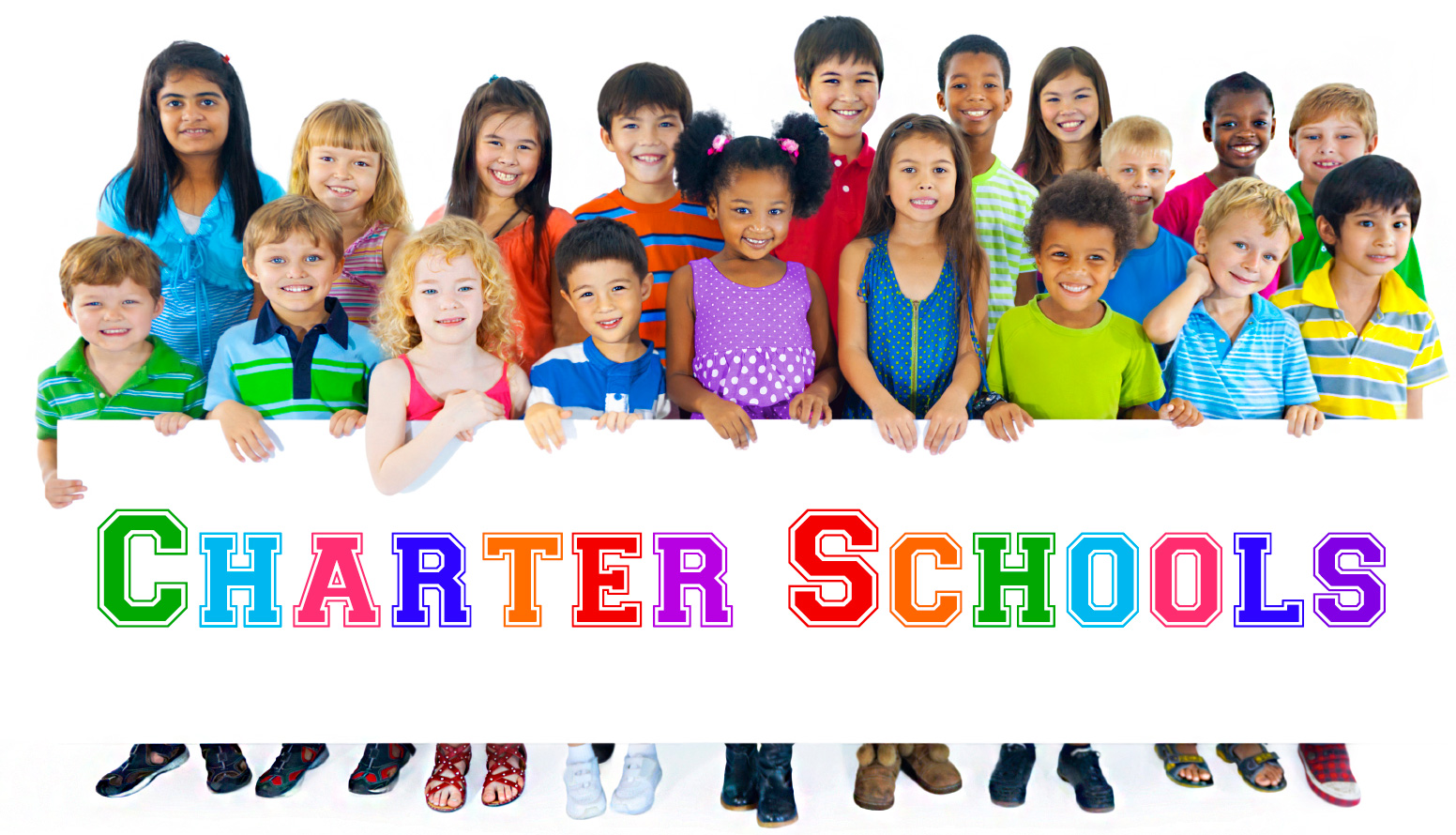Kerby Anderson
Earlier this month Dr. Thomas Sowell published his book, Charter Schools and Their Enemies. It is an eye-opening look at the success of these schools and the growing criticism of them from the educational establishment and politicians in the Democratic Party.
When public schools and charter schools in New York are compared, you can see a significant difference. A majority of charter school students tested proficient or above in the Language Arts test. Most of them were African American or Hispanic American. On the Mathematics test, 68 percent of charter schools had a majority of students testing proficient. By contrast, in the traditional public schools, just 10 percent had a majority of the students testing proficient.
Thomas Sowell concludes: “In a realm where educational failure has long been the norm — schools in low income minority neighborhoods — this is success, a remarkable success. What is equally remarkable is how unwelcome this success has been in many places. What has been especially remarkable is that it has been the most educationally successful charter schools that seem to have drawn the most hostility, both in words and in deeds.”
Not all charter schools are successful. What happens to those that failed? Thomas Sowell reminds us that failing charter schools can have their charters revoked, thus cutting off access to public funds. That is a stark contrast to the many failing schools that continue to operate year after year without any improvement.
Charter schools have their critics because they represent a threat to the educational establishment and teachers’ unions. If more and more students leave the traditional public schools, there will be less revenue for the public schools. And a reduced need for teachers means declining union dues to teachers’ unions. It’s easy to see why charter schools have become a political issue.
 Listen Online
Listen Online Watch Online
Watch Online Find a Station in Your Area
Find a Station in Your Area











 Listen Now
Listen Now Watch Online
Watch Online
